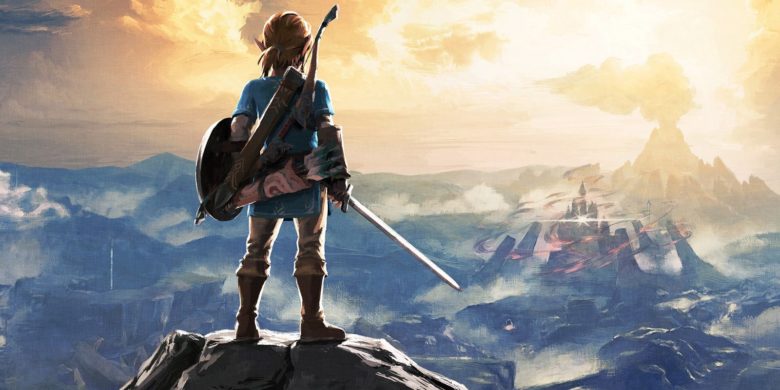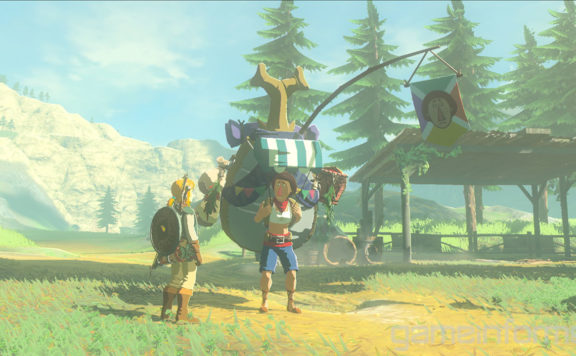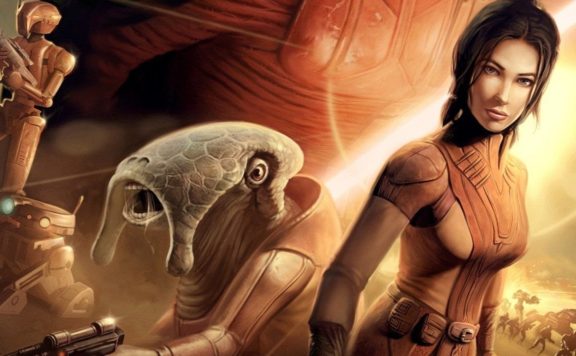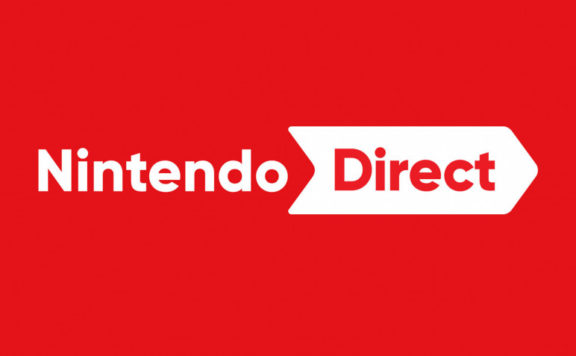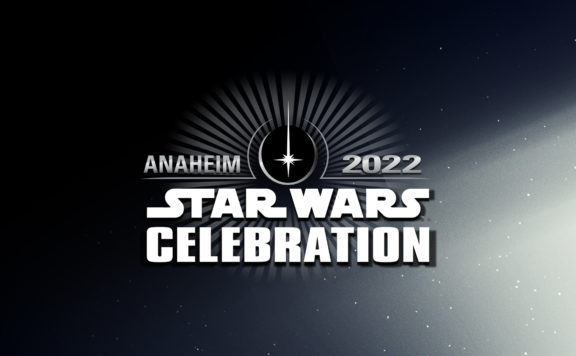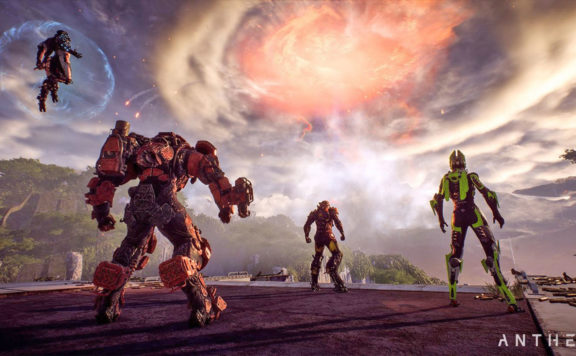When William Higinbotham invented what is often regarded as the world’s first video game with Tennis for Two in 1958, he could never have imagined that he was kickstarting a phenomenon which would become one of the most lucrative industries on Earth.
Worldwide, gaming generated an estimated $91 billion in revenue last year, with such figures proving now more than ever that this form of entertainment is truly a mainstream proposition.
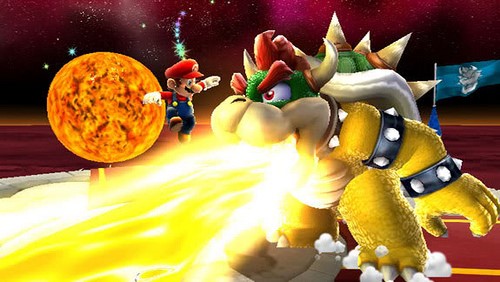
“Super Mario Galaxy” (CC BY-ND 2.0) by alacoold
A matter of opinion
However, the sheer size and scope of the industry mean we all have views on it. Whether it is a passing opinion on a new release or debating whether VR is truly destined to break through, opinions are everywhere. One issue which arguably raises more heated discussion than any other though is how you go about judging the biggest and best games of all time. What makes some titles, characters or series more important than others?
The most obvious approach as a starting point is, of course, to consider sales as a fairly clear indicator of which games have really broken through. A quick look at those statistics suggests that you should look no further than Mario, with everyone’s favorite Italian plumber having sales believed to be beyond 500 million. Other heavy hitters include Tetris, with mobile sales reportedly standing at the 425 million mark alone, and Pokemon, with sales of 280 million.
The problem with looking just at sales, however, is that time is on the side of the biggest titles. Mario and Tetris debuted in the early 1980s, while Pokemon has been a cultural phenomenon for more than 20 years. This means there has been plenty of opportunity for such games to rack up major figures, so while they are undoubted classics have they really been hugely influential?
Into new territory
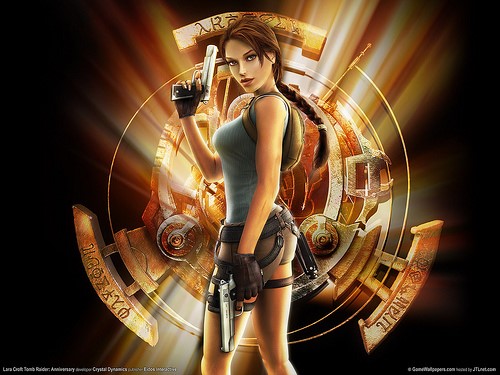
“Tomb Raider 7” (CC BY-SA 2.0) by Themeplus
Another approach might be to consider which gaming titles have outgrown the industry. Take for example the likes of Tomb Raider and Hitman, which have generated multi-million sales respectively. As well as being much-loved gaming franchises, they have gone on to inspire feature films, comics, novels and even – perhaps most surprisingly – online slot games.
Available at 32Red along with a guide on how to play slots¸ the titles use music and imagery from the films or video games to bring the franchises into the iGaming world. As the guide explains, in order to do this the games need to be adapted into the slot machine format in which a host of different symbols are included on reels. Players then need to match specific combinations of symbols in order to win. While it might seem unlikely to see the likes of Hitman and Tomb Raider used in this context on sites like 32Red, it should be remembered that a host of major properties is now slot games. For example, sites such as Magical Vegas and Casumo offer Jurassic Park and Terminator 2-themed experiences.
Does this level of exposure across a range of platforms mean that Lara Croft and Hitman perhaps have more of a right to the title of being among the biggest franchises than, say, Mario? After all, the latter was the star of big-screen flop and has never really broken out of his Nintendo roots.
Bigger picture
It is hard to say, but there may also be a flip side to this which needs to be considered. If you are going to judge the success of a gaming series on its fortunes in other areas, should games based on franchises which started life outside of the industry also be considered as being among the biggest ever?
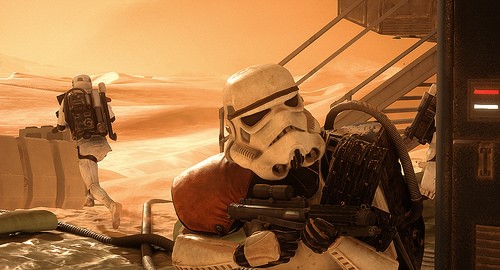
“Star Wars Battlefront” (Public Domain) by shadow_trooper
A wealth of games has been released based on Star Wars down the years, with Disney generating more than $1 billion in 2015 alone from such games. That is undoubtedly a huge figure and shows that the franchise has a major pull away from simply the worlds of movies and merchandise. The same can no doubt be said on other franchises such as Batman and Marvel’s ever-growing catalog of costumed heroes, so can they be considered as among the biggest names in gaming too?
A new outlook
Perhaps this latter issue in particular points to the conclusion that it is simply not suitable anymore to try and pin down what exactly is the ‘biggest’ in any specific field. The franchise phenomenon means that major brands like Star Wars, Tomb Raider, and Marvel are hugely popular across a range of media, so to simply try to define them by a single aspect is a tough call to make.
Looking at the bigger picture may well be the only true way forward, although we are sure that won’t stop a lot of people from continuing to fight their corner when it comes to the gaming series they love the most.

